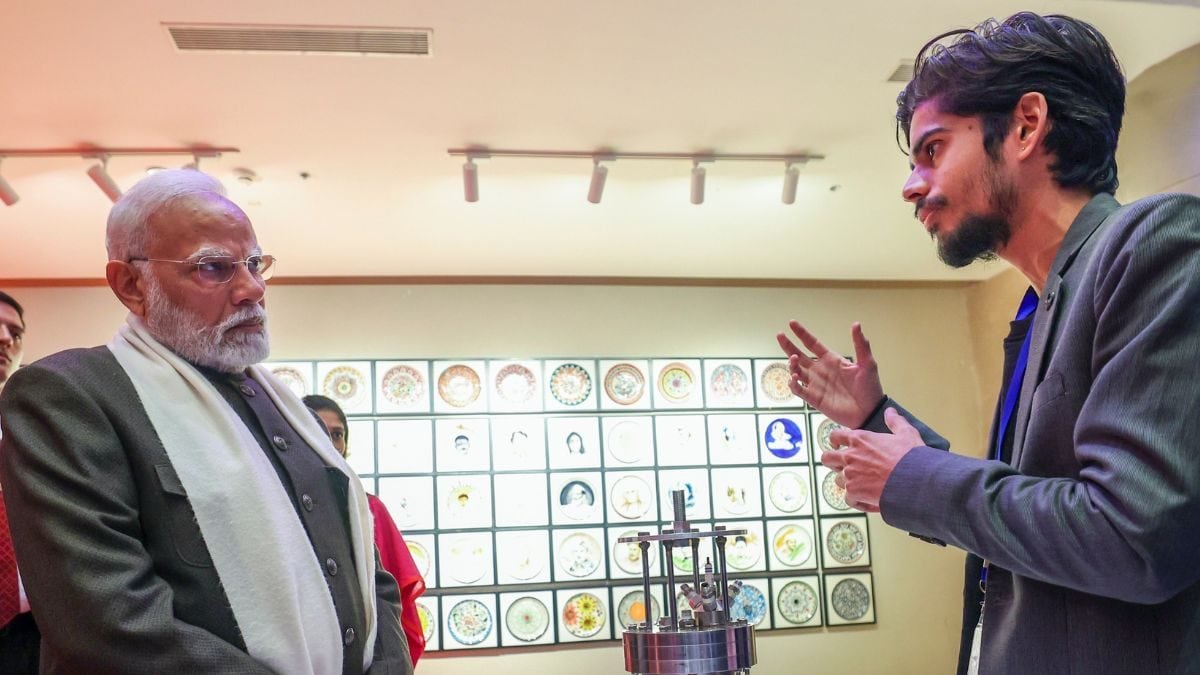 |
|
India, possessing the world's largest youth population, faces a critical juncture. While young Indians actively participate in elections, their representation in political office remains strikingly low. This disparity necessitates a thorough examination of the systemic barriers hindering youth engagement and the potential solutions to rectify this imbalance. The current situation presents a significant missed opportunity, given the immense potential of this demographic to inject fresh perspectives and innovative solutions into governance.
The article highlights a significant drop in the proportion of young Members of Parliament (MPs) over time. This decline, reflected in the plummeting youth representation index (YRI), underscores the urgent need for change. The average age of MPs continues to rise, creating a widening gap between the elected representatives and the demographic reality of the nation. While experience is valuable, a lack of younger voices leads to an incomplete representation of societal needs and aspirations. This absence of diverse perspectives hinders the ability of the government to effectively address the challenges faced by a rapidly evolving nation, particularly in areas such as technology, social media engagement, and understanding the nuances of contemporary societal issues.
One proposed solution is to lower the minimum age requirement for contesting elections. The argument is that if an 18-year-old is considered mature enough to vote, they should also have the opportunity to run for office. This isn't about replacing experienced politicians, but rather about broadening the pool of candidates, enabling passionate and capable young individuals to contribute. It acknowledges that lowering the age limit alone isn't a silver bullet. The proposal must be coupled with robust support systems to help young candidates navigate the complexities of campaigning, including financial assistance and mentorship programs.
While the government has undertaken initiatives to promote civic education and electoral awareness, coupled with significant investment in skills development and entrepreneurship through substantial budget allocations, these efforts alone are insufficient to address the underlying systemic barriers. Deep-seated societal norms and the powerful influence of political dynasties create an uneven playing field for young aspirants who lack established familial connections or substantial financial resources. The financial burden of campaigning remains a significant hurdle, effectively excluding many deserving candidates. Therefore, further efforts are needed to dismantle these systemic impediments and create a level playing field where merit and passion, not privilege and pedigree, determine success.
The vision of India in 2047, celebrating its centenary of independence, should include a political landscape brimming with youthful dynamism. This vision isn't utopian; it's achievable. A youth-driven political landscape would prioritize sustainability, innovation, and social justice – issues deeply resonant with younger generations. Their tech-savviness can revolutionize governance, their entrepreneurial spirit can fuel economic growth, and their passion for a better future can forge a more inclusive and equitable society. The potential benefits extend far beyond fairness; they represent a strategic imperative for building a stronger, more vibrant, and influential India on the global stage. The time for meaningful youth participation in Indian politics isn't in the future; it's now. A more representative government is not just a matter of democratic principle but a necessity for a nation aiming for sustained progress and global leadership.
The core challenge lies in bridging the gap between the enthusiasm of young voters and their underrepresentation in the political arena. This requires a multifaceted approach involving governmental action, societal shifts in attitudes, and the proactive engagement of young people themselves. The government must continue to invest in initiatives that promote civic engagement, address financial barriers to entry, and provide mentorship and training for young political aspirants. Simultaneously, societal norms that favor established political families need to be challenged, fostering an environment where merit and passion are valued above connections and resources. Ultimately, empowering India's youth in politics requires a collaborative effort, combining targeted governmental policies with a fundamental shift in societal expectations and practices.
